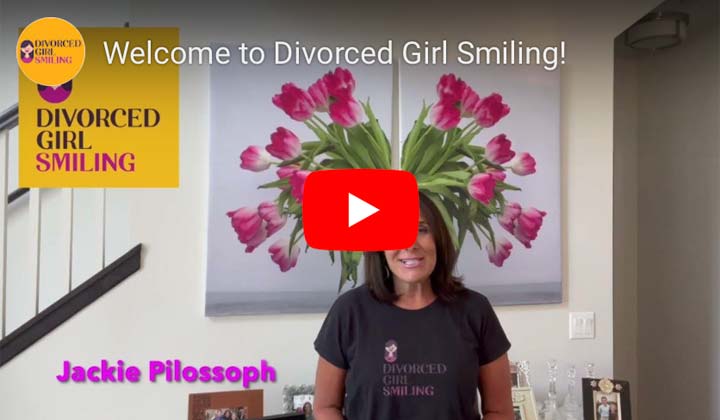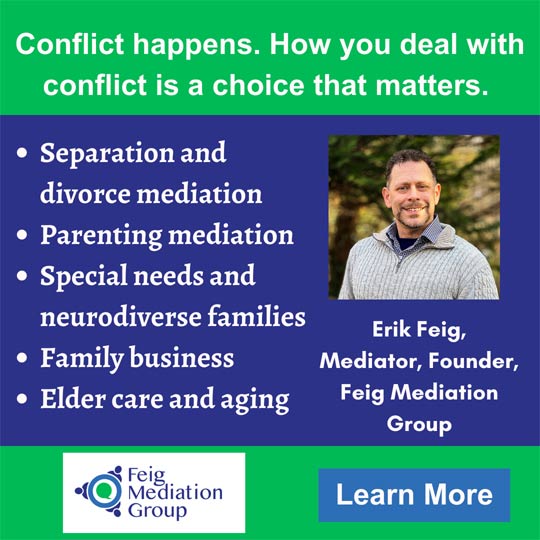How do you ask for forgiveness from someone you have hurt?
Something I see happening a lot my mediation sessions it’s one person trying to apologize to the other. But there are many kinds of apologies. For example, an apology type can show that a person is taking responsibility for their actions. At the same time, another may leave the recipient with the impression that the person apologizing is just going through the motions.
How you apologize can often be just as important as what you’re apologizing for. In fact, it can also be the difference between an apology being accepted and not.
Let me start with what we learned in childhood.
From the time we are young, we are taught that it is important to take responsibility for our actions. We learn that it is necessary to recognize THIS and HOW our actions can affect – they can hurt others – and that when this happens, an apology can be a critical step in healing the wound
.
“Sorry for breaking your stuff.”
“I’m sorry I said something bad.”
“I’m sorry what I did hurt you.”
Asking forgiveness from someone you’ve hurt can be an important, powerful tool for healing relationships, restoring a connection, and moving on from the past. Apologies are a rich topic about which so much has been written and said. But I want to focus on one critical aspect of an apology that can make a huge difference: three key words.
So what is it?
I am sorry.
It has become common to apologize using phrases such as:
“I’m sorry you’re upset.”
“Sorry to upset you.”
“I’m sorry you feel that way.”
Do these examples convey the same messages as those in the first group above?
Asking for forgiveness from someone you hurt can be more effective when you shift the focus from “you” to “me.” This simple change in language can have a profound impact on how your apology comes across and how it’s received.
Let’s break it down further. “I am Sorry” is an expression of sadness. After that with an “I” statement he makes the connection between me (the person who has done something) and what I have done to you, the person affected by me and what I have done. It is an acknowledgment that I am responsible and accountable for my actions and their impact on others. It confirms the connection between you and me and the harm from something that was in my control or that I set in motion.
Contrast that with what I think we see all too often: The “I am Sorry“sorry like the ones we listed above.
This form of apology begins in the same way as a statement of regret, “I am Sorry,” but then turns the camera’s focus away from me to you, the person on the edge of whatever the apology was supposed to be directed at.
“I’m sorry you’re upset.”
“Sorry to bother you.”
“I’m sorry you don’t understand.”
What do all these have in common? They focus on “you” – and more specifically, your reaction to what “I” did, rather than keeping the focus on me and my responsibility for what I did.
Note what is also missing from each statement: my accountability. Instead, you get a vague message about how I regret your reaction. How will this sound? It’s like saying:
“I’m sorry for your response (to what I did).”
Do you see the difference? You may not be personally responsible for the other person’s feelings, but your words or actions caused a reaction. They affected someone else. This is your part, and the part of your interaction is where your apology can be part of the healing.
“I’m sorry for what I’ve done” he emphasizes keeping “Ifocus, which is so important. It speaks to your contribution and acknowledges that you are responsible for what is in your control.
I appreciate that apologizing can be difficult. There are so many personal, social, and relationship dynamics and factors that also affect us and our willingness to apologize. We should also acknowledge a vulnerability that could be difficult for some. I understand. I hope that understanding the ways in which your words can affect the way you listen can lead to more positive outcomes when asking for forgiveness from someone you’ve hurt.
What happens when you ask for forgiveness and they don’t accept your apology?
This can be a very common, complicated and sometimes uncomfortable situation, whether with your partner, family, friends or even in mediation. You apologized. They don’t accept. And now what?
Responses to an unaccepted apology might look like this:
“You’re not sorry.”
“I do not believe you”.
“You just say that.”
You did your part. Your apology was genuine. Now, from your perspective, it’s their turn to respond. Let’s look at the three main possibilities: They accept it, they reject it, or they don’t give you an answer. For now, let’s focus on the first two of these options.
The first is the simplest: apology accepted. I’ll offer a thought to keep in mind: When you’re willing and able to accept an apology, keep it simple:
“Thanks.”
“Appreciate.”
“Means a lot to me.”
afterward pause …give some space before moving on to anything else.
The more words you use, the more your acceptance fills up with other things, the more likely your acceptance – and its meaning – will be lost. Once you’ve accepted an apology, move on. Find a way for both of you to move forward.
What if your apology is not accepted? What if the reaction is something like:
“If you really wanted to apologize, you would have…”
“Is that what you mean by sorry?”
“I don’t think you’re sorry.”
This can be a challenging, even embarrassing experience – especially if the rejection is coupled with criticism or an unhelpful comment that creates more distance between you. If the other person doesn’t want or isn’t ready to accept your apology, you may hear responses like these.
This can be a difficult situation and it is not uncommon for people in those moments to want to lash out in response – to give in to that temptation to want someone else to feel hurt too. In these moments, it can be difficult to understand or empathize with what is driving their response.
It can take a lot of effort and, for some, a degree of bravery to apologize – and when that effort feels discounted and rejected, your defense mechanisms may try to take action. Don’t underestimate the attraction this can create.
A suggestion: before you do anything in these moments, pause. Slow yourself down. Resist the temptation to respond in kind. Break the pattern.
What can this do for you? When you have offered an apology, you are asking for forgiveness. Recognize that you can only control your role in these situations in the interaction. You can’t check their answer. You can’t demand that they feel the way you hope they will.
Let me repeat that. You can only check your part. You can’t check their answer. You can’t demand that they feel the way you want them to feel. You can’t demand forgiveness. You can only ask for it. You can set the scene. You can’t script them.
Asking forgiveness from someone you hurt and reconciliation is a process. They may not be at a point – yet – where they’re open to really hearing or processing what you’re saying. They may not know how to get over the hurt THEY FEEL – and they may become trapped in their own cycle of conflict that is difficult for them to break. Chances are their answer isn’t even about you but something that’s happening to them.
It is important in these moments to remember that all this is from their side in the ledger. Feeling hurt is hard. Feeling rejected is hard – and I want to acknowledge that for people who struggle with rejection sensitivity, these moments are especially challenging.
Being able to pause in the moment and look beneath the surface to see what’s really going on can be hard to do – whether you’re asking for forgiveness or being asked to grant it. But it’s a skill you can practice and it’s worth practicing.
It’s important to recognize that sometimes, all you can do is your part. And to accept that whatever follows, you have taken your step. It is up to them to decide which one will be theirs.

Erik M. Feig is a parent and family mediator located in Bethesda, Maryland who works with families nationwide when they are going through divorce, when they need help with post-divorce issues, especially when neurodiversity and special needs are involved. If you are considering mediation to help you with issues or disputes that may be difficult to handle on your own, or if you are interested in learning more about our practice, please visit us on our website at www.feigmediationgroup.com to arrange a free consultation.





